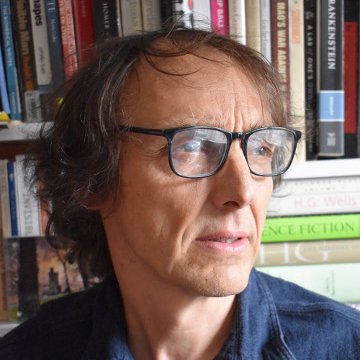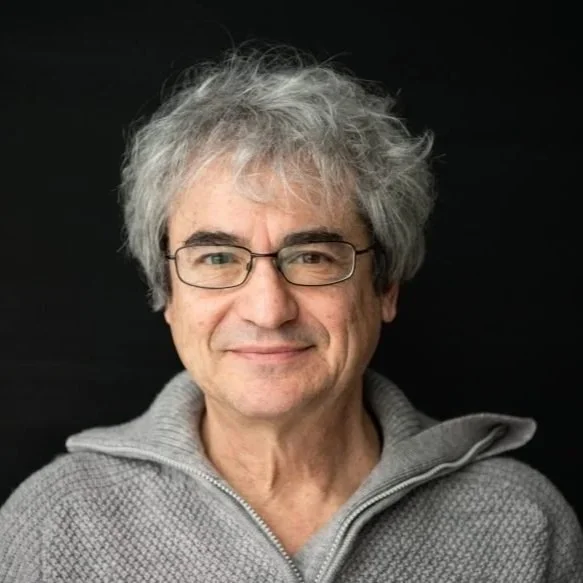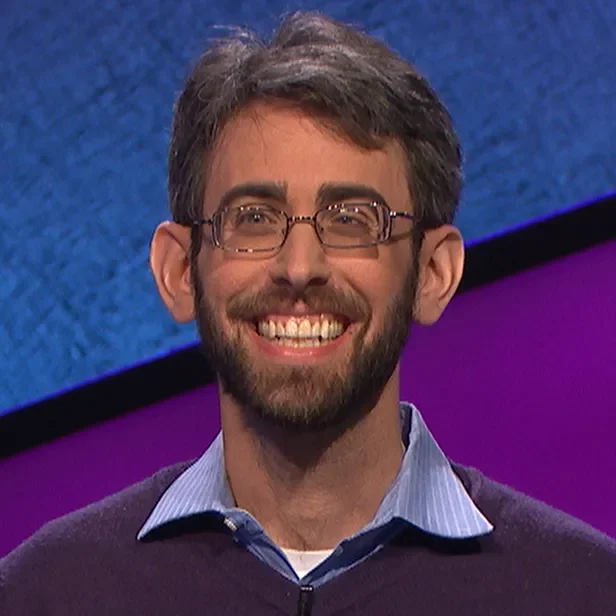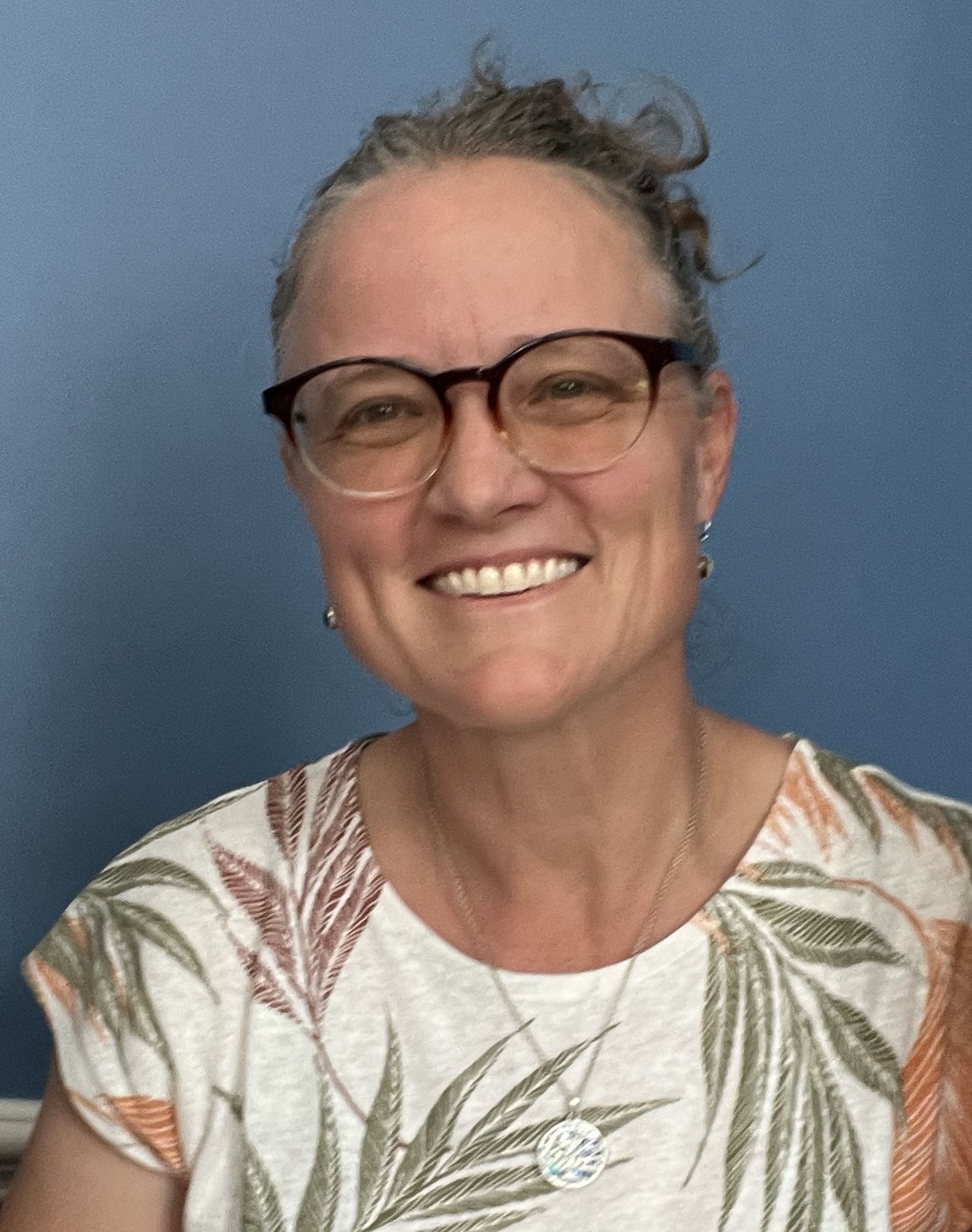IOK Ambassadors
-

Philip Ball
Philip Ball is a freelance writer and broadcaster who was an editor at Nature for over 20 years. He regularly contributes to both scientific and popular media and has written several books, including H2O: A Biography of Water, Bright Earth: The Invention of Colour, and The Music Instinct. His book Critical Mass won the 2005 Aventis Prize for Science Books. Ball is also the recipient of the 2022 Royal Society Wilkins-Bernal-Medawar Medal for contributions to the history and philosophy of science. He holds a background in chemistry from the University of Oxford and in physics from the University of Bristol. He currently resides in London.
-

Melanie Challenger
Melanie Challenger is a writer, researcher, and broadcaster specializing in the history of ideas, particularly our relationship with the living world. She is the Deputy Co-Chair of the Nuffield Council on Bioethics and Vice President of the RSPCA. Her works include On Extinction: How We Became Estranged from Nature (2011) and How to Be Animal: What It Means to Be Human (2021). She is a founding member of the Animals in the Room project, advocating for the interests of non-human animals. Melanie also hosts the podcast The Psychosphere, exploring intelligence and agency in nature.
-

Richard J. Davidson, PhD
Dr. Richard Davidson is the William James and Vilas Research Professor of Psychology and Psychiatry at the University of Wisconsin-Madison and the Founder & Director of the Center for Healthy Minds. His research focuses on the neural bases of emotion and emotional style, as well as promoting human flourishing through methods like meditation. He has published over 600 papers and co-authored books such as The Emotional Life of Your Brain and Altered Traits. He was named one of the 100 most influential people by Time Magazine in 2006 and is an elected member of the National Academy of Medicine.
-

Everard Findlay
Everard Findlay is a Global Systems Strategist with over 20 years of experience in driving cross-disciplinary collaborations for sustainable growth. As the founder of Everard Findlay, LLC, he has worked with global leaders, Ivy League institutions, and foundations to create transformative opportunities. He serves on the Board of the UNESCO Global Education Monitoring Report, as an Advisory Board Member for Princeton University’s Department of Astrophysical Sciences, and as Chair of Communications at GrowNYC. Findlay is also a Global Ambassador for Morehouse College and lead strategist for Cornell University Extension Nassau, where he helped design the Dynamic Learning Center.
-

Diana Fosha, PhD
Dr. Diana Fosha is the creator of AEDP®, a trauma-focused psychotherapy model aimed at transforming emotional suffering into flourishing. As the Founder and Director of the AEDP Institute, she has trained therapists worldwide. Diana's work integrates neuroplasticity, psychedelic science, and developmental research into experiential clinical work. Her recent book Undoing Aloneness & the Transformation of Suffering into Flourishing (2021) highlights the process of healing through relational connection.
-

Monica Gagliano, PhD
Dr. Monica Gagliano is a pioneering research scientist, known for her groundbreaking work in plant bioacoustics. She has shown that plants communicate and respond to environmental sounds. Monica’s research has expanded the concept of cognition in plants, leading to new perspectives on plant subjectivity and ethical considerations. She is a fellow at the Center for Humans & Nature and a scholar at Harvard Divinity School, bridging Western and Indigenous Science to address planetary challenges.
-

Robert M. Hazen
Dr. Robert M. Hazen is a staff scientist at the Earth and Planets Laboratory at Carnegie Science and a professor emeritus at George Mason University. He is an expert in the history of science, geology, and mineral evolution. His book The Story of Earth was a finalist in several prestigious science book awards. Hazen’s work on "mineral evolution" and "mineral informatics" has significantly advanced our understanding of the co-evolution of the geosphere and biosphere.
-

Dr. Flávia Maia
Dr. Flávia Maia is a Brazilian social scientist and climate activist, recognized as an Obama Scholar and Dalai Lama Fellow. She co-founded the NGO Filha do Sol, empowering women and communities to face climate change. A descendant of climate migrants, she has led initiatives alongside global figures such as Barack Obama and Christiana Figueres. Flávia is developing a leadership methodology rooted in love and is writing a memoir that merges personal insights with Latin American traditions.
-

Evan Thompson
Evan Thompson is a Professor of Philosophy at the University of British Columbia, specializing in cognitive science and philosophy of mind. He is the author of Waking, Dreaming, Being and Mind in Life. He has co-authored The Embodied Mind and The Blind Spot: Why Science Cannot Ignore Human Experience. Thompson’s work blends phenomenology, cognitive science, and Asian philosophical traditions, exploring the intersections of consciousness and human experience.
-

Peter Ulric Tse
Peter Ulric Tse is a Professor of Cognitive Neuroscience at Dartmouth, focusing on the neural mechanisms behind consciousness, attention, and volitional mental operations. He investigates how top-down causation may operate at a neural level, contributing to our understanding of how mental processes influence brain activity.
-

Paul Vanouse
Paul Vanouse is an artist and the founding director of the Coalesce Center for Biological Art at the University at Buffalo. His work uses molecular biology techniques to explore and challenge concepts of identity and race. Vanouse’s art, often exhibited internationally, has received numerous awards, including a Golden Nica at the Prix Ars Electronica. His 2024 book, Difference, Sameness and DNA, explores his unique fusion of art and science.
-

Dr. Andreas Weber
Andreas Weber is a biologist, philosopher, and nature writer focused on rethinking our relationship with the living world. He advocates for recognizing organisms as subjects and viewing the biosphere as a meaning-creating reality. Weber is the author of Enlivenment: A Poetics for the Anthropocene and Sharing Life: The Ecopolitics of Reciprocity. He teaches at UNISG in Italy and the University of the Arts in Berlin, where he explores the poetic and ecological dimensions of life.
-

Jenann Ismael
Jenann Ismael is the William H. Miller III Professor of Philosophy at Johns Hopkins University, co-founder with Sean Carrol of the Natural Philosophy Forum and member of the American Academy of Arts and Sciences. She specializes in philosophy of physics. Her work ranges from foundations of physics to the philosophy of mind. She has written about foundations of quantum mechanics, symmetry, probability and probability, the nature of time, life, mind, self and agency.
-

Carlo Rovelli
Carlo Rovelli is a theoretical physicist specializing in quantum gravity and the dialogue between science and philosophy. Author of international bestsellers such as Seven Brief Lessons on Physics and The Order of Time, he is a member of the Institut Universitaire de France and the Académie Internationale de Philosophie des Sciences. Rovelli founded the Peace Dividend Initiative with 60 Nobel Laureates and received the Lewis Thomas Prize for Writing About Science (2024).
-

Rabbi Geoffrey A. Mitelman
Rabbi Geoffrey A. Mitelman is the Founding Director of Sinai and Synapses, which connects science and religion through dialogue and education. Supported by the Templeton Foundation, his work explores how faith and reason intersect in modern society. He teaches at Hebrew Union College and lectures internationally on spirituality, ethics, and science.
-

Christof Koch
Christof Koch is a Meritorious Investigator at the Allen Instituteand the ChiefScientist of the Tiny Blue Dot Foundation, the former president of the Allen Institute for Brain Science, and a former professor at the California Institute of Technology. His latest book, about consciousness and mystical experiences, is Then I am Myself the World (2024).
-

Heather A. Demarest
Heather Demarest is a professor of philosophy at the University of Colorado. She specializes in philosophy of science, metaphysics, and philosophy of physics, particularly the ways in which statistical mechanics, relativity, and quantum mechanics inform our ideas about the laws of nature, personal identity, chance, and complexity. She is the Chair of the University of Colorado’s Committee on the History and Philosophy of Science.
-

Tasneem Zehra Husain
Tasneem Zehra Husain is a theoretical physicist and a writer. She is interested in exploring how images, metaphors and narrative structures drawn from contemporary physics might allow us to catch ideas that slip through the cracks of current theoretical frameworks - both scientific, and otherwise. Her work has appeared in Nautilus Magazine, New Humanist Magazine, as well as several anthologies. She is the author of the popular science novel, Only The Longest Threads.

